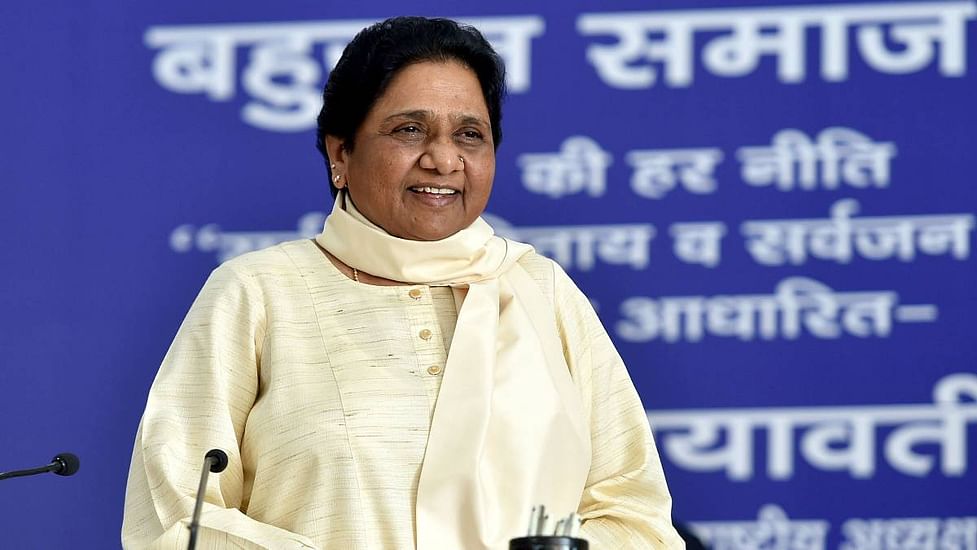Each social group that comes into existence creates within itself one or more strata of intellectuals that makes it conscious not only of its economic but also social and political role”
– Antonio Gramsci on the question of independence and objectivity of intellectuals with reference to the concept of ‘Organic intellectual’
“Just like all men, judges too have emotions, prejudices and infirmities”
– Dr BR Ambedkar, during debate on judiciary in the Constituent Assembly on 24 May 1949
The upper-caste elite of the Indian society has always been a strong votary of objectivity and autonomy of the judiciary. This view gained further ground after the OBCs-Dalits began dominating the political space.
To counter that and thus to show its supremacy, the judiciary has been handing down judgments ignoring the interests of the Bahujans and the opinion of Parliament. The recent judgment in the case of AIIMS Faculty vs Union of India and the one rendered by the Patna High Court doing away with reservations in the preliminary test of the State Services Exam prove the point. It was during the Mandal Commission days (1993) that the judiciary asserted its autonomy and brought forth, what is known as the collegium system of appointments. The judiciary denied any role to Parliament and the government in judicial appointments and judges started appointing themselves! The Judicial Appointments Commission Bill tabled in Parliament on 5 September 2013 and P. Sadashivam’s support to reservation in the judiciary have kindled the hopes of the Bahujans that they too would get their due place in the judiciary.
With due respect to the judiciary, we are inclined to agree with the general perception among the Bahujans that the collegium or self-appointment process has allowed the upper castes to establish their stranglehold over the judiciary. Spurred by the partisan attitude of the judiciary vis-à-vis issues related to social justice and in light of their democratic right to representation, the lower castes have been demanding reservation in the judiciary since long. The reports of various commissions and independent surveys showing virtual absence of OBC/SC/ ST communities in the judicial have only served to justify and strengthen this demand.

On 19 July, before taking over as India’s 40th Chief Justice, P. Sadashivam batted for reservation in the judiciary. He said, “All sections must get representation in the judiciary in this country of diverse communities and cultures. OBC/SC/ST Judges should be appointed in Supreme Court and the High Courts.” P. Sadashivam, who is a votary of reservation in judiciary, comes from an OBC community of Tamil Nadu. He is the first graduate of his family.
What is Judicial Appointments Commission Bill?
The Judicial Appointments Commission Bill 2013 and the enabling bill the Constitution (120th) Amendment Bill seek to scrap the present collegium system of appointments of judges of Supreme and High Courts, in force since 1993. Prior to 1993, the consent of the executive was mandatory for appointment of judges. But in that year, through its judgments in the cases of SP Gupta vs Union of India and Supreme Court advocates-on-record association vs Union of India, the Supreme Court brought into being the collegium system and the judges began appointing themselves. The judiciary freed itself from the control of executive and legislature. Under the present system, a collegium, comprising the Chief Justice of India and six senior-most judges of the Supreme Court appoints all High Court and Supreme Court judges. Due to lack of transparency, the collegium system has become a breeding ground for nepotism and favouritism. The collegium system has also disturbed the fragile equilibrium between the legislature, judiciary and executive and has led to clashes between judiciary on one hand and the executive and legislature on the other. Moving the bill in the Rajya Sabha on 5 September Law Minister Kapil Sibal said, “In 1993, the Supreme Court gave a new interpretation to Article 124 (2) of the Constitution and creating a Collegium, changed the system of appointment of judges. The court had re-written the Constitution and hence the government has been forced to bring this bill.” The members of almost all the parties were unanimous in their view that no institution can be allowed to make its appointments itself. With the creation of the Judicial Appointments Commission, the collegium system will be automatically scrapped. After being cleared by the Rajya Sabha, the bill has been sent to states for approval. It will become a law only after at least one-half of the states endorse it.
The bill provides that a commission will be constituted for appointments of Supreme and High Court judges. The commission will include the CJI, two senior SC judges, the Union law minister and two eminent citizens. The eminent citizens will be selected by the prime minister, leader of the opposition and CJI. The Union law secretary will be the convener of the commission. Even after the CJI clearly articulating his stand on reservations and the passage of the Judicial Appointments Commission Bill, there is no clarity on the issue of representation in the judiciary. The government is keeping mum on the modalities of the functioning of the commission and on whether SC/ST/OBC will be given representation. Breaking this silence is a big challenge for the forces of social justice.
Published in the October 2013 issue of the Forward Press magazine
Forward Press also publishes books on Bahujan issues. Forward Press Books sheds light on the widespread problems as well as the finer aspects of Bahujan (Dalit, OBC, Adivasi, Nomadic, Pasmanda) society, culture, literature and politics. Contact us for a list of FP Books’ titles and to order. Mobile: +917827427311, Email: info@forwardmagazine.in)
The titles from Forward Press Books are also available on Kindle and these e-books cost less than their print versions. Browse and buy:
The Case for Bahujan Literature
Dalit Panthers: An Authoritative History






